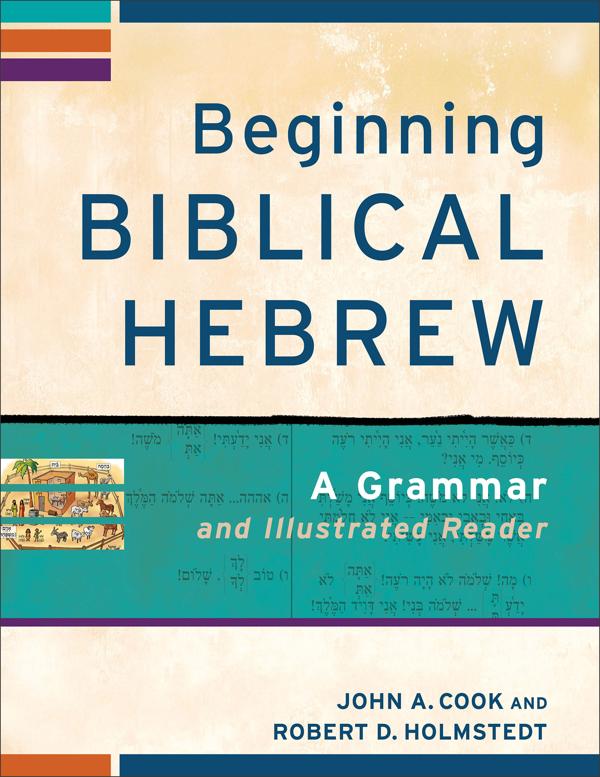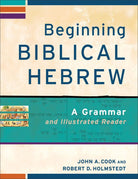Beginning Biblical Hebrew
$45.00
Unit price
/
Unavailable
Shipping calculated at checkout.
Couldn't load pickup availability
Beginning Biblical Hebrew


